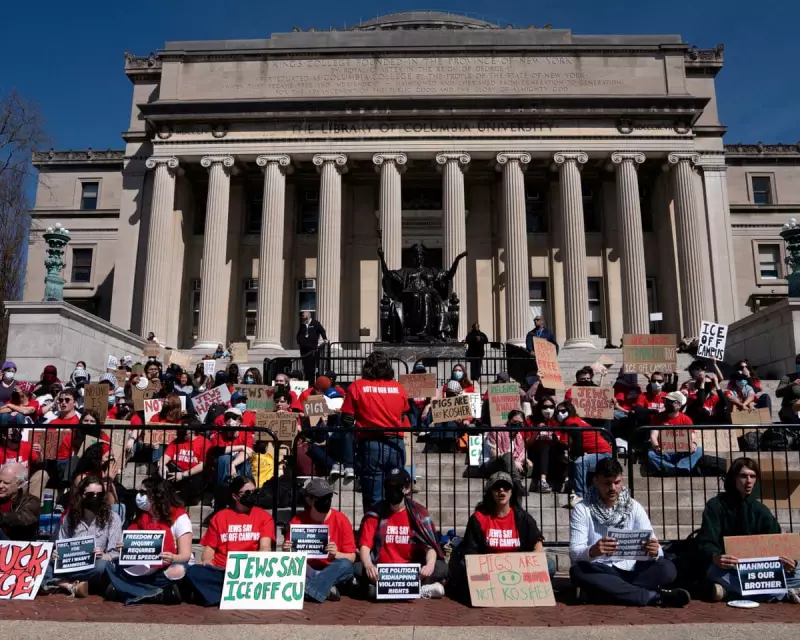
In a dramatic courtroom showdown that has captivated political observers, former President Donald Trump's immigration agenda has suffered a significant legal setback. The ruling, delivered by federal Judge William Young, represents one of the most substantial judicial challenges to Trump's immigration framework to date.
A Judicial Rebuke Heard Across Washington
The decision cuts to the heart of the Trump administration's approach to immigration enforcement, with Judge Young's opinion raising serious constitutional questions about the extent of executive power. Legal experts are describing the ruling as particularly noteworthy given the current political climate surrounding immigration policy.
Constitutional Concerns Take Centre Stage
At the core of Judge Young's ruling lies a fundamental question about the balance of power in American governance. The opinion meticulously examines whether the administration's approach overstepped constitutional boundaries, delivering a verdict that could have far-reaching implications for future immigration policy.
The timing of this decision is particularly significant, coming amid ongoing national debates about immigration reform and executive authority. Legal analysts suggest the ruling could establish important precedents for how courts review immigration enforcement actions moving forward.
Political Fallout and Legal Implications
This judicial intervention arrives at a moment when immigration remains one of the most polarising issues in American politics. The decision not only impacts immediate policy implementation but also adds fuel to the broader conversation about the proper limits of presidential power in immigration matters.
Court observers note that Judge Young's thorough examination of the case demonstrates the judiciary's willingness to scrutinise executive actions closely, even in areas traditionally granted significant deference. This development suggests an increasingly assertive role for the courts in checking administrative power.
What This Means for Future Immigration Policy
The ruling's implications extend beyond the specific case at hand, potentially influencing how future administrations craft and implement immigration regulations. Legal scholars are particularly interested in how the court's reasoning might apply to other contentious areas of policy where executive authority is tested.
This decision underscores the ongoing tension between rapid policy implementation and proper constitutional procedure, serving as a reminder that even the most ambitious political agendas must operate within established legal frameworks.





